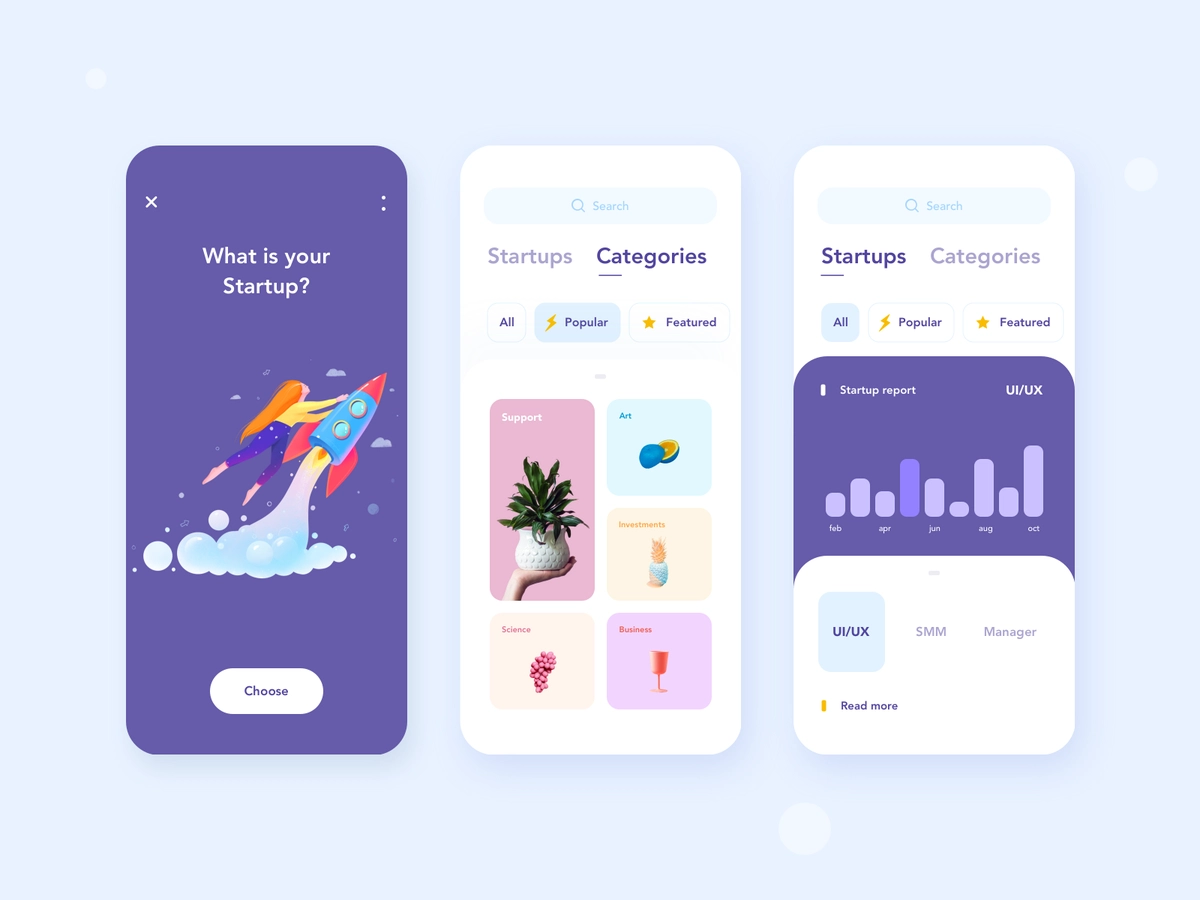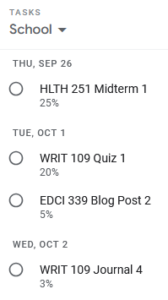Pedagogy
This is a word I’ve heard before, but wasn’t familiar with its definition before going through this module. After reflecting on the definition, I understand it to be the ideology one holds behind how they teach. This encompasses one’s approach to teaching, how one goes about this, and includes why as well.
For myself, I enjoy project-based courses for learning, given my background in computer science. I pursued a course this term which was strictly a term-long project course because of this, as it was a culmination of my degree into making an application from the ground up in a startup business fashion. It is the best way for me to learn new materials, as well as enforce and practice habits and ways of doing things taught to me in my degree.
in computer science. I pursued a course this term which was strictly a term-long project course because of this, as it was a culmination of my degree into making an application from the ground up in a startup business fashion. It is the best way for me to learn new materials, as well as enforce and practice habits and ways of doing things taught to me in my degree.
I see lots of value in the networked pedagogy as well, this was a big thing during COVID. In this course, I found the evaluation for my first blog post great, actionable and insightful. Alongside that, reviewing other people’s blog posts gave me new perspectives on how to get more out of my learning here.
GitHub, a collaborative coding environment with version control, is a great example of a platform that can be used for networked pedagogy. It allows for cross-collaboration globally, really emphasizing and benefitting from the connections between people, resources and ideas they have, especially in the tech world. People can easily build out solutions, and share resources to blog posts and code snippets here.
Social Learning Theory
I resonated with the Social Learning Theory and included this video to give a quick overview of some concepts relating to it. I think in an online learning environment, this can be applied very easily to an online learning environment, given the collaborative nature of things like online discussions, blog posts, and projects. I see this shaping my learning as social interaction between others, even online, can give additional insight to further strengthen my learning of topics.
‘Are theories of learning still relevant in a digital age? Is it important to discuss these?’ This quote from Tony Bates on Learning Theories is really interesting to consider. I think given the nature of the digital age, it is imperative to continue exploring and evaluating our definitions, old and new, for theories of learning. There are so many new ways of ingesting content nowadays that it’s important to be digitally literate, and in the context of learning theories, keeping these in mind when we think of ways students learn. We are now so interconnected with others in a diverse way because of the access we have to other people over the internet in real-time.

In the context of online learning, I think it essential for the instructor to be readily available and communicative. This includes answering questions promptly, as well as being readily available for students to give them confidence in you as an instructor and facilitator in their learning environments. I also think a level of digital literacy is important to fit the teaching methodologies to the environment given the course content. A lot of evaluation doesn’t easily translate well online, and I’ve seen this happen with things like math courses. I understand given the circumstances of COVID that it’s tough to deal with this, but some of the methods were very intrusive and not very mindful.
Exploring Digital Spaces
I love the flexibility an online learning environment gives me. Not only does it work better for scheduling

purposes given my busy semester, but also the time to critically think and reflect on the content, giving me a better and stronger understanding of course content to potentially post about in a blog. I also really value the diverse perspectives it brings in, as we live in a diverse community at university that brings together many students of different backgrounds, but being online allows for everyone to voice their opinions and learnings.
I think the biggest challenge faced is staying on top of things for an asynchronous course. I deal with this by treating it like any other course, scheduling 3-hour blocks each week to work through modules, as well as time outside of class to work on assignments and projects. Staying on top of due dates allows me to succeed and submit things on time with the system I’ve developed over my whole degree.
All of this fosters a strong environment for me to learn, think, and contribute effectively and positively to the learning environment my professor has fostered for this course, and I’m thankful for the thought and consideration put into building this course up the way that it is.
